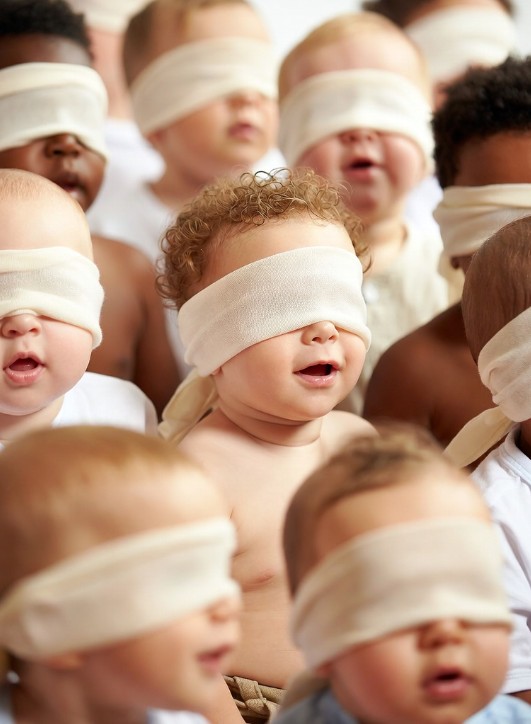By Archbishop Charles J. Chaput, OFM Cap., Catholic World Report, July 25, 2025
Archbishop Charles J. Chaput, OFM Cap. is the archbishop emeritus of Philadelphia and author of several books, including Things Worth Dying For: Thoughts on a Life Worth Living, Living the Catholic Faith: Rediscovering the Basics, and Render unto Caesar: Serving the Nation by Living Our Catholic Beliefs in Political Life.
(Editor’s note: This essay is adapted and updated from the 2019 Egan Magnificat Lecture and was published originally on the “What We Need Now” site; it is republished here with kind permission.)
Our capacity to speak the truth about our own fallen condition, with simplicity and elegance, offers us a kind of redemption from that same fallen condition. And clinging to falsehoods does the opposite.
 I’ve always had an interest in history because history is to a culture as memory is to each of us as individuals. A man with amnesia is a man without an identity. The same applies to a civilization. The past grounds us. It also shapes us. We make the future with our intellects and free will. But the past is implicit in our choosing and acting. It teaches us with its achievements. It also cautions us with its failures. This is why losing one’s memory is so perilous, and deliberately ignoring or subverting the memory of a culture is a special kind of theft.
I’ve always had an interest in history because history is to a culture as memory is to each of us as individuals. A man with amnesia is a man without an identity. The same applies to a civilization. The past grounds us. It also shapes us. We make the future with our intellects and free will. But the past is implicit in our choosing and acting. It teaches us with its achievements. It also cautions us with its failures. This is why losing one’s memory is so perilous, and deliberately ignoring or subverting the memory of a culture is a special kind of theft.
Earlier this year I reread the William Butler Yeats poem, “The Second Coming,” and it has stayed in my memory ever since. “The Second Coming” was published in 1920, but Yeats drafted it in 1919, with the First World War still fresh in Europe’s memory. It’s a powerful piece of writing. So powerful that it’s been quoted nearly to death. …
Continue reading >>>>>>>>>>







